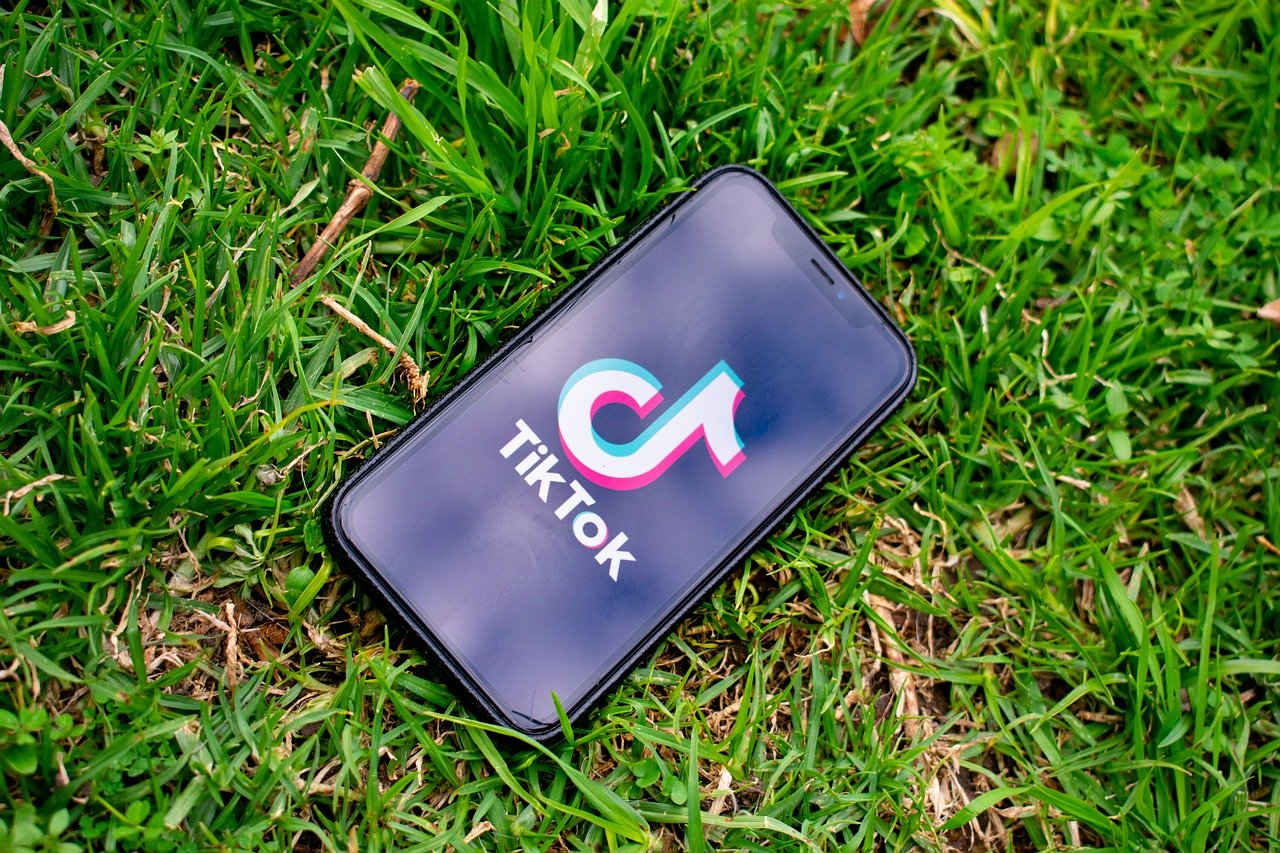
Some believed it was too big to fail. But as I predicted seven months ago, TikTok was bound to be banned. The USA, and nations under its sway, may soon no longer have access to the social network.
The warning signs were already there. The Trump administration had already banned fellow Chinese tech behemoths Huawei and ZTE. The US Army has already banned its soldiers from using TikTok, citing security concerns. It’s also generally acknowledged that TikTok’s developer, ByteDance, has “strategic partnerships” with the Communist Party of China.
As predicted, the Trump administration has recently announced that it is “looking at” banning the use of Chinese social media apps. Secretary of State Mike Pompeo specifically called out TikTok. The social network’s ban is now a near inevitability.
So what provoked Trump’s ire? Perhaps it was Hong Kong’s new security bill that further entrenches Mainland China’s influence over the former British colony. Or perhaps it is TikTok being used by teenage activists to sabotage Trump’s rallies.
What’s most likely is that we’re now living in a new geopolitical reality. The old era of free trade is coming to an end. This new Trumpian reality is about protectionism. It’s about the USA and China’s battle to protect hegemony and influence—and data is being used as a weapon.
Of course, no discussion of TikTok’s ban can be complete without acknowledging two further facts:
- American-made social media apps are just as guilty as Chinese-made social media apps—if not more—when it comes to violating users’ privacy and security
- China has already banned American-made social media apps like Facebook, Instagram, and Twitter in favour of “Made in China” alternatives that have feature parity
Now TikTok’s ban isn’t about privacy or protecting American consumers. It’s about protecting Silicon Valley. What gold was to the 19th century, and oil was to the 20th century, user data is to the 21st century. What’s happening here is a land grab for user data—and the USA wants to mine that data before China stakes a claim.
With China’s continuing economic ascendence, you might think that this is a fight the USA cannot win. How effective have America’s other economic sanctions against China been?
With India banning TikTok, China has already lost one of its biggest markets. This is a big win for Silicon Valley, specifically Facebook as its Instagram product steps in to serve the market gap.
With more nations likely to follow suit, is this “game over” for TikTok? If so, should emerging start-ups looking to build global adoption of their platform opt for centralized networks, with APIs controlled in-house? Or will all future social networks just be pawns for geopolitical interests and their claim over user data?
As a founder of a social network, which is still in development—I see a better alternative. To build truly globalized social media apps, developers need to decentralize. We need to re-dedicate ourselves to building and maintaining open standards that allow individuals to own and control their online identities, to profit from their own data. The time for change is now.

